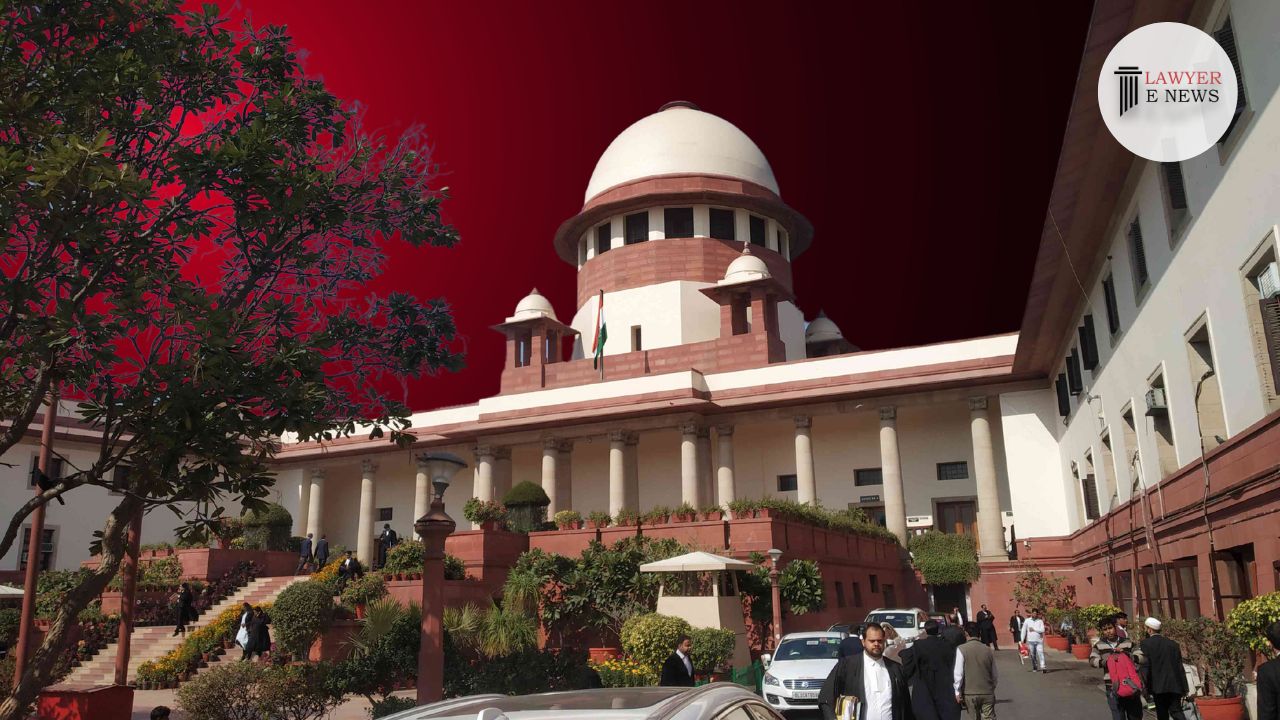-
by Admin
16 February 2026 1:47 PM



In a significant ruling, the Supreme Court of India has held that Nursing Assistants cannot claim the same Nursing Allowance as Staff Nurses based on their educational qualifications. The decision came in the case of Union of India & Ors. v. Rajib Khan & Ors., where the Court quashed the judgment of the High Court of Gauhati, which had allowed the original writ petitioners to receive Nursing Allowance at par with Staff Nurses.
The Supreme Court bench, comprising of Justices M.R. Shah and C.T. Ravikumar, observed that the educational qualifications and duties of Nursing Assistants differ from those of Staff Nurses. The Court emphasized that Nursing Assistants lack the relevant experience and educational qualifications required for appointment as Staff Nurses. Consequently, the Court concluded that Nursing Assistants cannot be equated with Staff Nurses in terms of entitlement to the same Nursing Allowance.
The Court highlighted the High Court's error in holding that educational qualifications should not be a ground for denial of Nursing Allowance to Nursing Assistants. It referred to earlier judgments, including Punjab State Cooperative Milk Producers Federation Limited v. Balbir Kumar Walia and others, where it was held that different educational qualifications and experience can justify distinct pay scales or pay structures.
The Supreme Court's decision clarifies that the classification of Nursing Assistants and Staff Nurses for the purpose of allowances is based on their differing educational qualifications and duties. It further reinforces the principle that the determination of pay structure falls within the purview of the Executive and cannot be overturned by the judiciary.
The ruling will have implications for the healthcare sector and the remuneration of healthcare professionals. It underscores the importance of recognizing the variances in educational qualifications and experience when determining entitlement to allowances in similar job roles.
The Supreme Court's judgment sets a precedent for future cases involving different pay scales or allowances based on educational qualifications, experience, and the nature of duties in various sectors. It establishes the principle that equality in pay does not necessarily mean identical treatment for employees with distinct qualifications and responsibilities.
The decision serves as a reminder that the classification of pay scales should be based on objective criteria and reasonable differentiations. It also emphasizes the significance of considering the qualifications and experience required for specific roles while determining entitlements to financial benefits within an organization.
This landmark judgment will provide clarity and guidance to employers, employees, and the legal fraternity regarding the determination of pay structures and allowances based on educational qualifications and job responsibilities in India's workforce.
Date of Decision: January 16, 2023
The Union of India & Ors. vs Rajib Khan & Ors.
